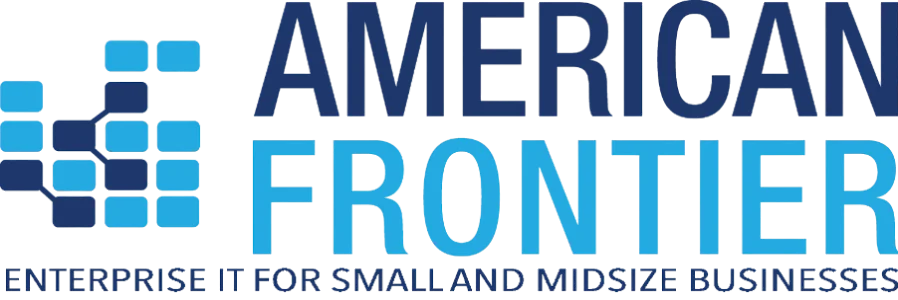August 18, 2025
While you and your team may be returning from vacation, cybercriminals remain relentlessly active. Studies from trusted sources like ProofPoint and Check Point reveal a significant surge in phishing attacks during summer months. Discover how to stay vigilant and safeguard your business.
Why Is the Risk Heightened During Summer?
Cyber attackers exploit the summer travel season by mimicking hotel and Airbnb websites, according to Check Point Research. They've identified a 55% rise in new travel-related domain registrations in May 2025 compared to last year, with over 39,000 domains created—one in 21 flagged as malicious or suspicious.
Additionally, the late summer back-to-school period triggers a wave of phishing scams impersonating university emails, targeting students and staff alike. Even if your industry isn't directly affected, employees checking personal emails on work devices can inadvertently expose your company's data with a single wrong click.
How to Protect Yourself and Your Team
With AI enhancing both cybersecurity and phishing tactics, it's crucial to educate yourself and your staff on spotting threats to avoid falling prey to malicious links.
Essential Safety Tips to Prevent Cyber Attacks:
· Stay alert for suspicious emails. Don't rely solely on spotting typos or poor grammar—AI can craft convincing messages. Verify the sender's email address and inspect link text carefully to ensure authenticity.
· Verify URLs meticulously. Watch out for misspelled links or unusual domain extensions like .today or .info, which are common in scam sites.
· Access websites directly. Instead of clicking links in emails or messages, type the website address yourself to avoid phishing traps.
· Activate Multifactor Authentication (MFA). MFA adds an extra security layer, protecting your credentials and sensitive data even if a breach occurs.
· Exercise caution with public WiFi. When using public networks, connect through a VPN to shield your access to secure sites like booking portals or online banking.
· Avoid checking personal emails on work devices. Keeping personal and professional accounts separate reduces the risk of cross-contamination and data breaches.
· Consult your MSP about endpoint security. Endpoint Detection and Response (EDR) tools monitor devices, block phishing attempts, and alert your MSP instantly if a threat is detected, minimizing data exposure.
Phishing techniques grow more sophisticated daily, accelerated by AI advancements. The best defense is a well-informed team aware of these evolving threats. Stay educated and protect your business!
Kick off the season securely - click here or give us a call at 919-741-5468 your FREE 15-Minute Discovery Call today.





